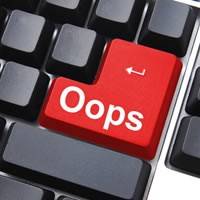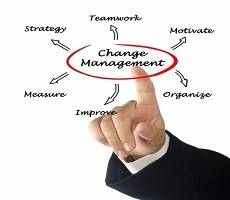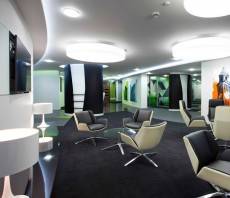October 1, 2015
Employers plan to woo returning mothers with flexible working 0
 A fifth of UK businesses are planning to hire more returning mothers than they did a year ago, and are offering flexible working to attract them. New research from Regus claims returning mothers are valued by businesses because of their experience and skills, as well as reliability and time management. They are seen as less likely to change jobs, saving firms the cost of recruitment and re-training. Because the contrasting demands of motherhood and work are one of the main reasons women don’t return to work, respondents emphasised the important role flexible working plays in attracting female talent; with 81 percent believing that flexible working is key to attracting and retaining women. These workers are also valued for their experience and skills according to 73 percent of respondents and are seen as more reliable (24 percent) and organised (29 percent) than other staff.
A fifth of UK businesses are planning to hire more returning mothers than they did a year ago, and are offering flexible working to attract them. New research from Regus claims returning mothers are valued by businesses because of their experience and skills, as well as reliability and time management. They are seen as less likely to change jobs, saving firms the cost of recruitment and re-training. Because the contrasting demands of motherhood and work are one of the main reasons women don’t return to work, respondents emphasised the important role flexible working plays in attracting female talent; with 81 percent believing that flexible working is key to attracting and retaining women. These workers are also valued for their experience and skills according to 73 percent of respondents and are seen as more reliable (24 percent) and organised (29 percent) than other staff.


















 Newly published research
Newly published research
















September 2, 2015
We need to do more than pay lip service to workplace wellbeing 0
by Ann Clarke • Case studies, Comment, Wellbeing, Workplace design
(more…)